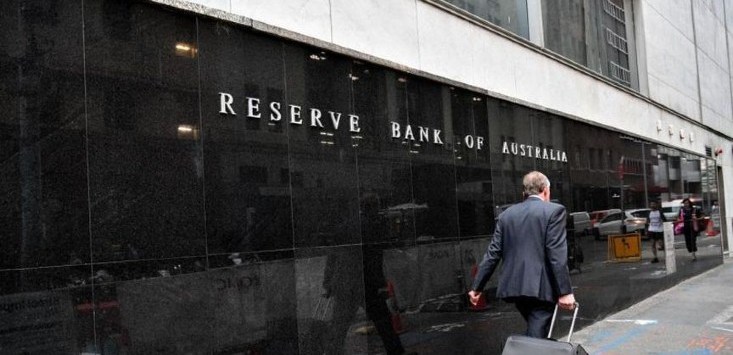
Small businesses can expect the Reserve Bank of Australia (RBA) to prioritise lowering the unemployment rate before increasing interest rates ahead of tomorrow’s board meeting.
Like other central banks around the world, the RBA responded the economic shock of the pandemic by cutting its interest rate to near zero, purchasing a significant amount of government bonds, and offering low-cost funding to the banking system.
Richard Holden, professor of economics at the University of New South Wales Business School, says the RBA won’t change the cash rate, which is currently 0.1%, when deciding on monetary policy in Tuesday’s board meeting.
“They won’t change the cash rate and I don’t think they’re going to meaningfully walk back from their strategy on government bond purchases,” Holden tells SmartCompany.
The RBA has already purchased two $100 billion rounds of government bonds and is expected to continue with future purchases. But whether it will buy a third round of the same value is unclear.
“I think that’s still an open question as to how they are going to tweak [bond purchases],” Holden says.
The RBA has committed to keeping official interest rates close to zero until unemployment drops towards 4%, and there’s an increase in real wages growth and inflation.
Unlike in the United States, the Australian economy is yet to show any meaningful sings of inflation rising.
“There’s obviously much more of a sign [of inflation] in the US, but on the other hand, the US has had very significant fiscal stimulus even relative to Australia’s and the Biden administration announced plans for even more spending,” Holden says.
Holden says while there are early signs that the RBA’s strategy will lead to higher inflation, there are no signs of inflation getting out of control.
Whatever the outcome of the central bank’s meeting tomorrow, Holden says small and medium businesses can have confidence that the RBA is committed to providing the necessary monetary policy for the economy to rebound.
“The RBA also recognises that the economy wasn’t in great shape in late 2019, before COVID, and it’s trying to get the economy in better shape than that,” he says.
In August last year, the RBA predicted unemployment to peak at 10% in December 2020, and GDP growth wasn’t expected to return to pre-COVID levels until March 2022. However, the Australian economy recovered from the pandemic better than expected, with unemployment reaching 6.6% in December 2020, before falling to 5.1% by May 2021.
In this context, Jenny Lambert, chief executive of the Australian Chamber of Commerce and Industry, says it’s unrealistic for the RBA to maintain its position that it doesn’t expect to raise interest rates until 2024.
“These forecasts have been proven too conservative, as the economy has recovered to be 1.1% above pre-COVID levels in March 2021,” Lambert says.
Lambert says most market economist now expect interest rates to rise between late 2022 and early 2023.
“We would like to see the RBA provide a clearer indication of when it expects to begin to raise the cash rate, subject to the COVID situation continuing to improve,” she says.
Handpicked for you

SME invoice financing startup Butn set to go public in $20 million ASX listing



COMMENTS
SmartCompany is committed to hosting lively discussions. Help us keep the conversation useful, interesting and welcoming. We aim to publish comments quickly in the interest of promoting robust conversation, but we’re a small team and we deploy filters to protect against legal risk. Occasionally your comment may be held up while it is being reviewed, but we’re working as fast as we can to keep the conversation rolling.
The SmartCompany comment section is members-only content. Please subscribe to leave a comment.
The SmartCompany comment section is members-only content. Please login to leave a comment.